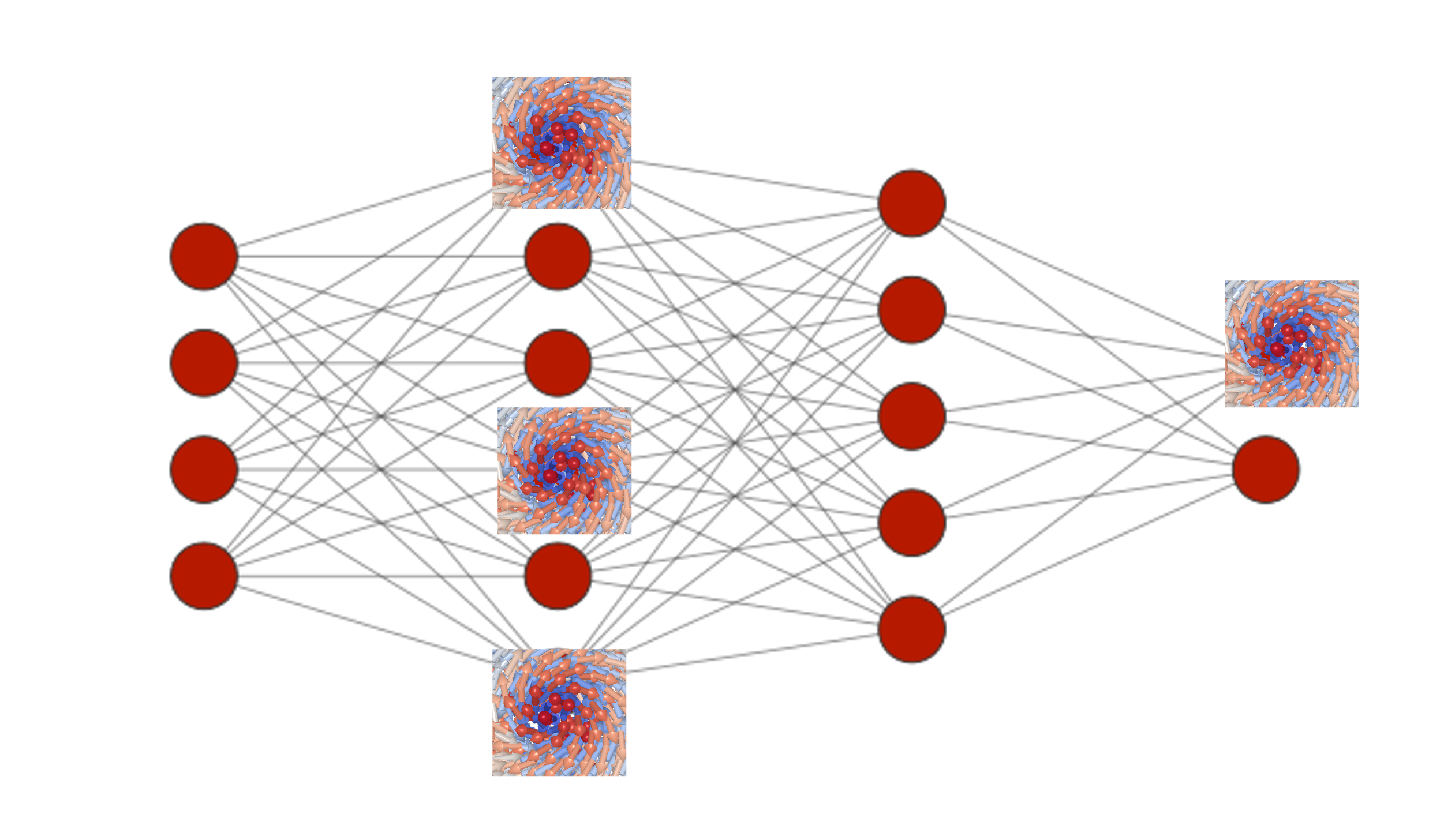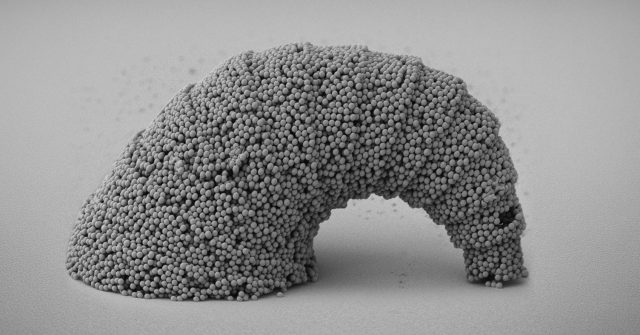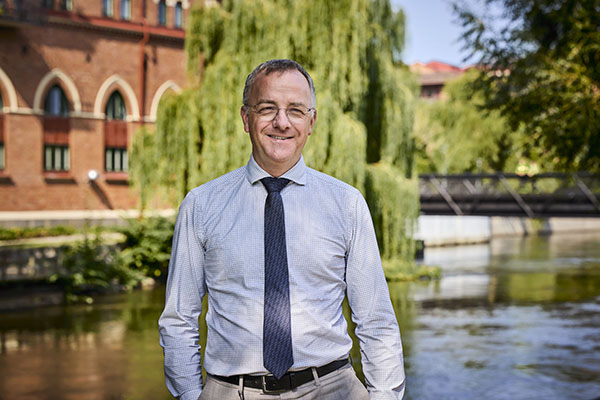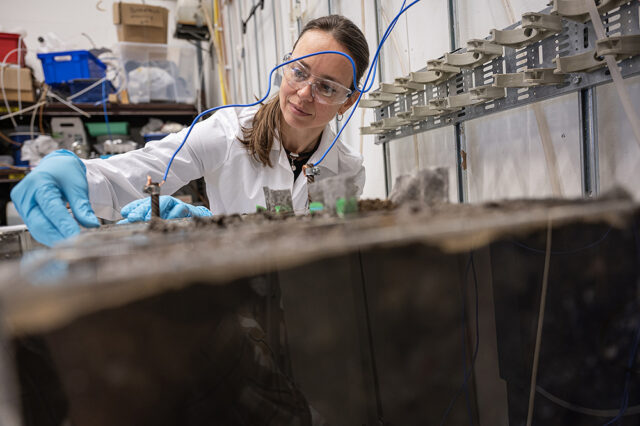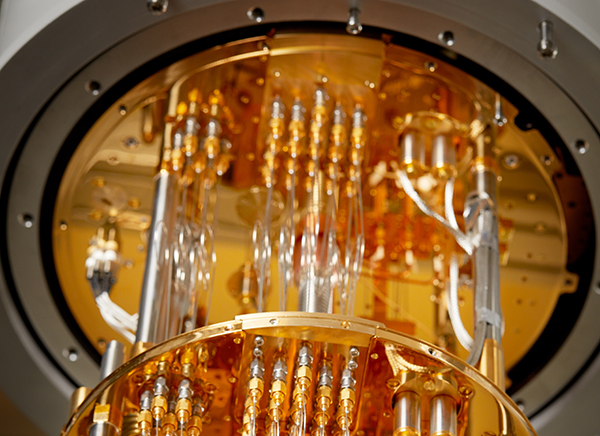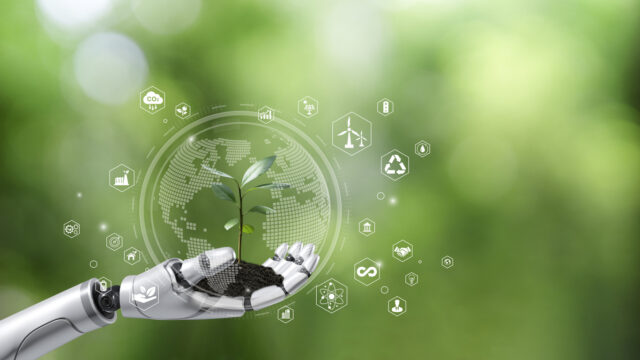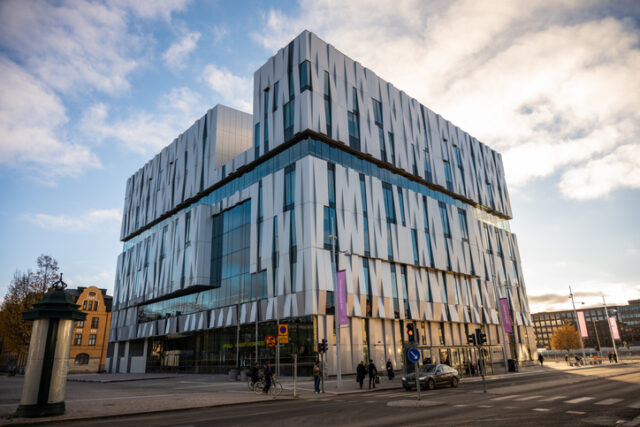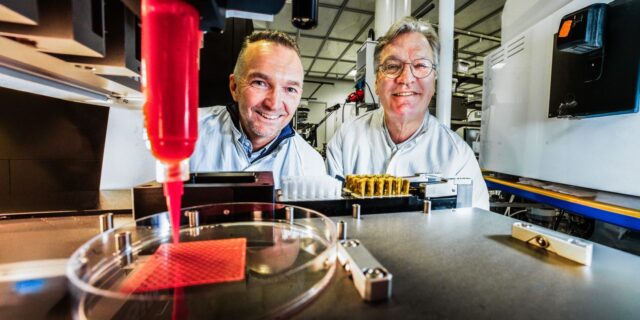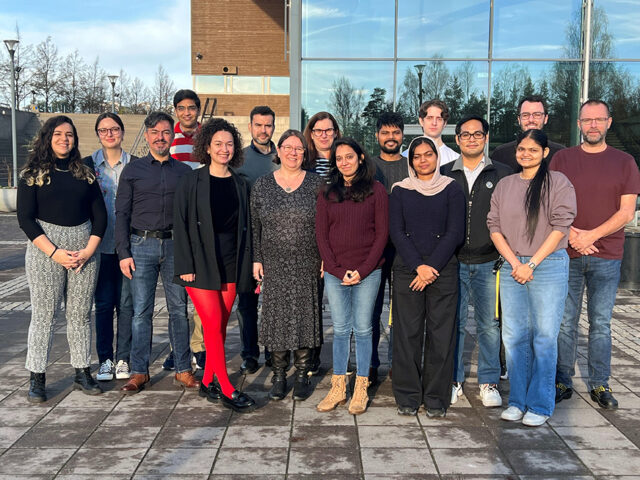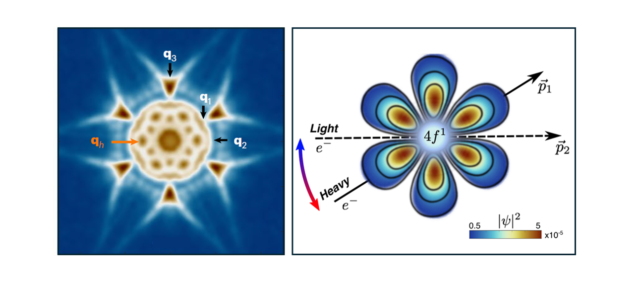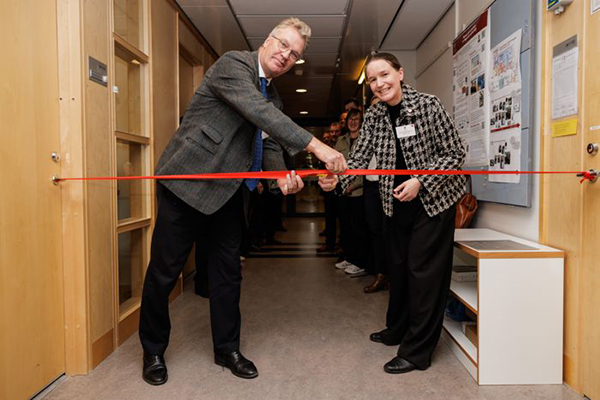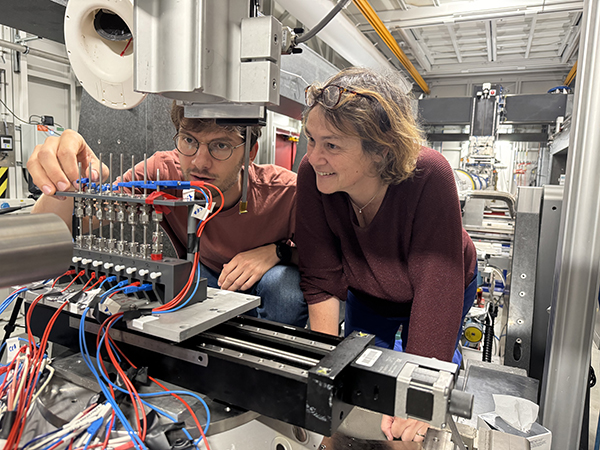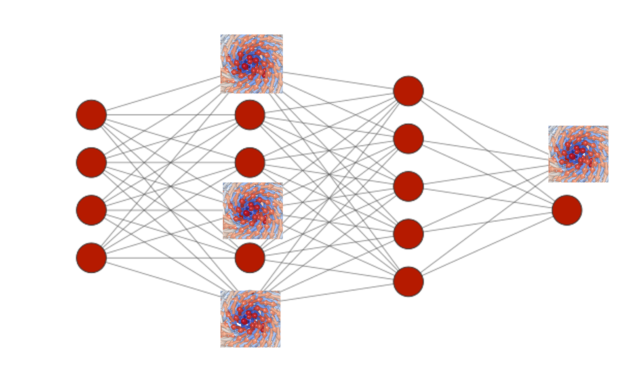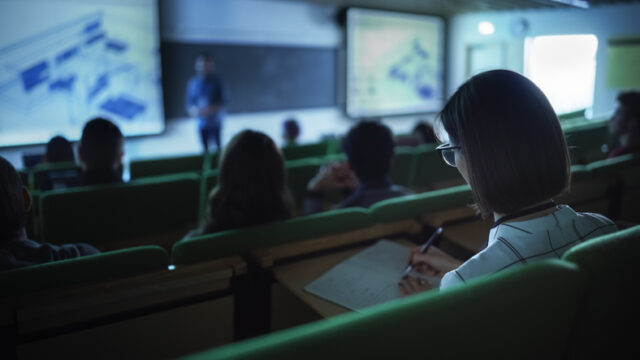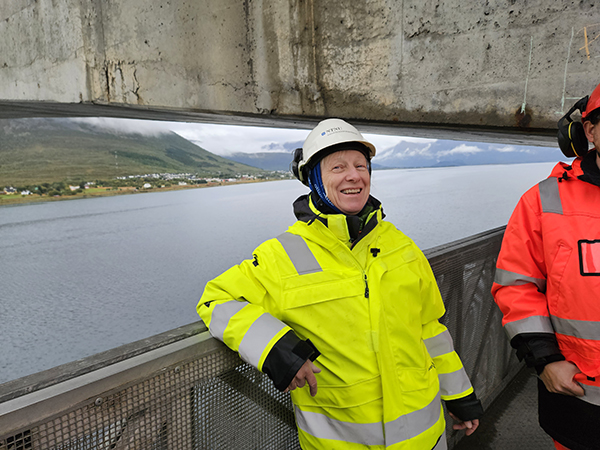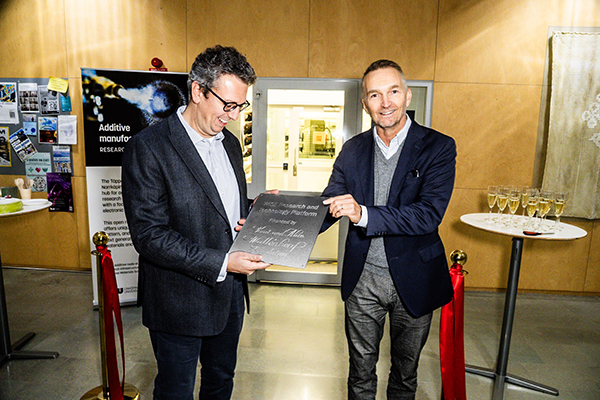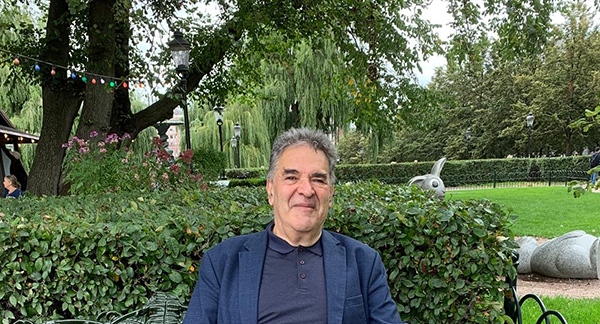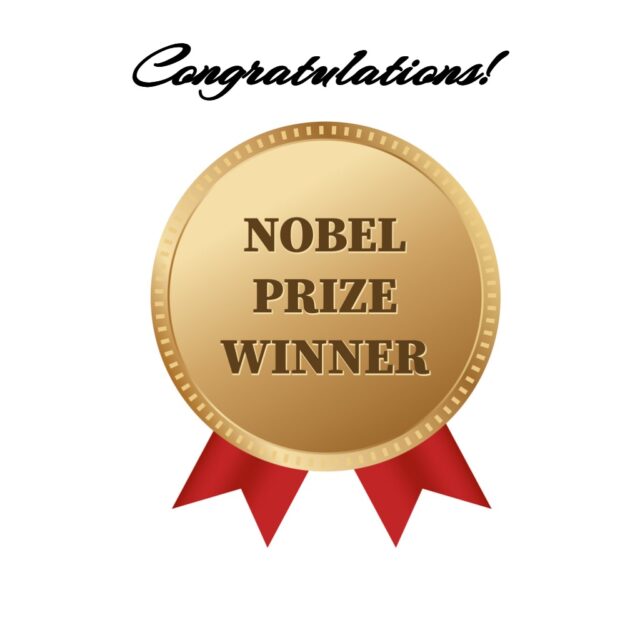WISE researcher Maryna Pankratova from Uppsala University is leading an exciting new seminar series titled “Machine Learning Meets Materials Science.“ This initiative connected to a WISE-WASP collaboration, is designed to spark synergy between two cutting-edge fields—materials science and machine learning—through interdisciplinary dialogue and knowledge sharing.
Each seminar offers a unique opportunity to gain dual insights, as speakers from both research areas present their perspectives.
The third seminar in this series will be held on September 26th at 10:00 AM via Zoom (see info below).
Don’t miss out on this chance to connect with leading minds in these two fields and explore how these powerful disciplines intersect to shape the future of science and technology.
The speakers are:
Materials science: Yicun Huang, a Marie Skłodowska-Curie Fellow at Chalmers University of Technology
Title: Physics-based machine learning for advanced battery modeling
Abstract: The integration of physics-based and data-driven approaches has gained significant traction in modeling energy storage systems. However, much of the existing literature focuses on data-driven surrogates that aim to replace physics-based models. While these surrogates often offer speed, they tend to sacrifice accuracy, and more critically, they lack the generalizability, adaptability, and interpretability of physics-based models, which are essential for modeling real-world systems. In this talk, I will introduce a novel architecture in physics-based learning, called model-integrated neural networks (MINN). This approach allows for learning the physics-based dynamics of systems governed by partial differential-algebraic equations. MINN provides a systematic method to develop models that are physically insightful, numerically accurate, and computationally efficient — all at the same time. We have successfully applied this architecture to model the electrochemical dynamics of lithium-ion batteries, and I will demonstrate the advantages of the MINN battery model in practice. The substantial and practical benefits that MINN offers make it an ideal choice for developing the next generation of battery management systems.
Machine learning: Olle Häggström, is a Professor of Mathematical Statistics at Chalmers University of Technology
Title: Societal consequences of advanced AI: what is at stake
Abstract: Through large-scale application of deep learning ideas, AI technology has over the last few years advanced at a rate that surprises nearly everyone in the field. Further advances are likely, and although it remains uncertain how far they will lead, both the potential benefits and the risks seem huge. This talk will address the uncertainty along with the unsolved problem of what we need to do to reap as much as we can of the benefits while avoiding the worst risks.
Important info:
Join Zoom Meeting
https://uu-se.zoom.us/j/65231229153
Meeting ID: 652 3122 9153
For more information on Marina’s research visit:
Explainable machine learning for magnetic interactions extraction
